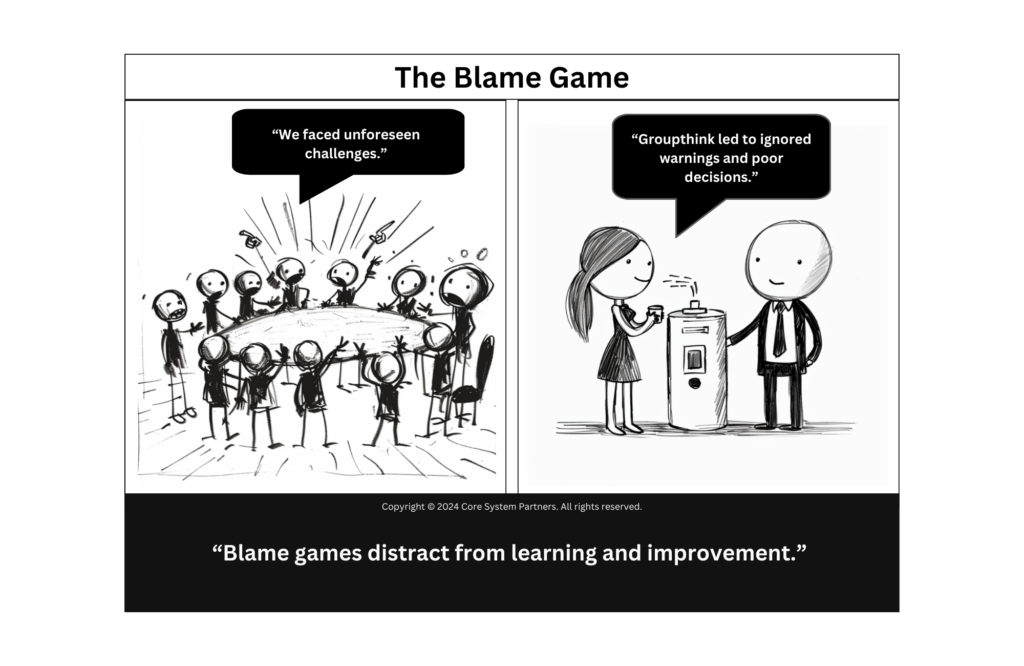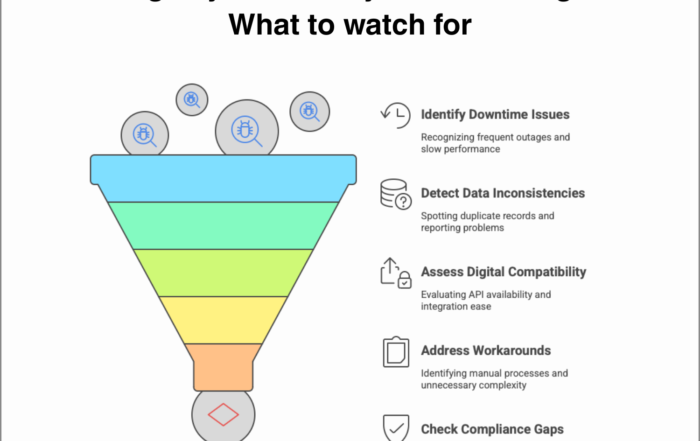Vol. 2 #9

When things go wrong, the urge is to point fingers. But blame games are destructive. They take the focus from learning and improvement into a poisonous atmosphere that handicaps progress. On projects where blame was focused, it usually derailed progress and damaged team morale.
Anecdote: There was this core banking transformation for one big financial institution where the project encountered a few unexpected bumps that delayed the expected completion time. Rather than focusing on solutions, some team members started to place blames, making a tense atmosphere wherein people were more concerned about saving themselves rather than finding solutions. This blame game has slowed the project even further and caused a huge drop in morale among the team members. It wasn’t until leadership stepped in to refocus the team on solving problems as a collective unit that things got on the right track again.
Antidote: Creating a Culture of Shared Accountability
The establishment of a no-blame policy and solution-seeking rather than fault-finding sets the ball rolling toward a culture of collective responsibility. Regular retrospectives have to be done, in which team members have to be encouraged to take collective responsibility for any outcome.
Successful core banking projects are only those where the focus is on improvement, not on blaming or faultfinding. When everyone learns together and grows in experience, it builds a resilient team.
Found this article interesting? Check out these three related reads for more.
- Corporate candor: Cutting corners in project management (A New Series)
- Corporate Candor: Hasty approvals in project management lead to oversight and critical failures (A New Series)
- Corporate Candor: Hasty approvals in project management lead to oversight and critical failures (A New Series)
#CoreBankingTransformation #BlameCulture




